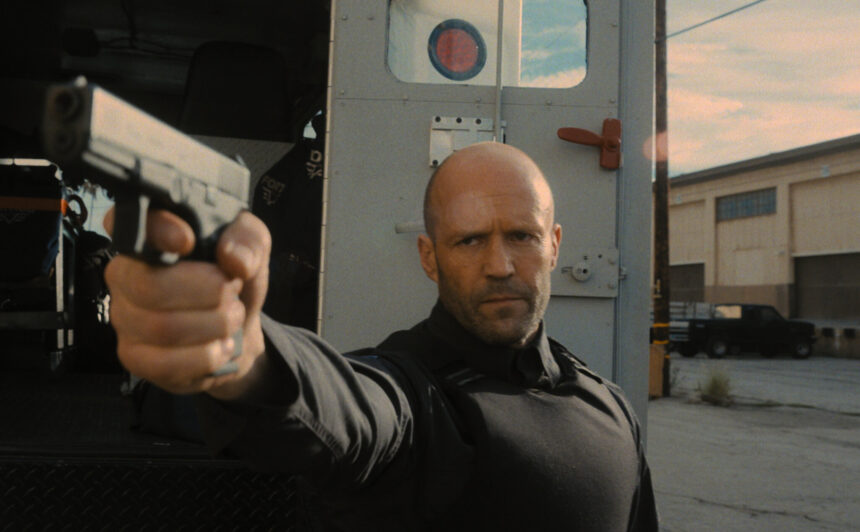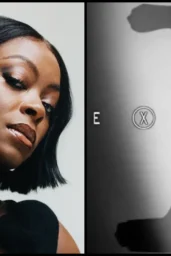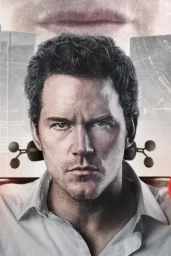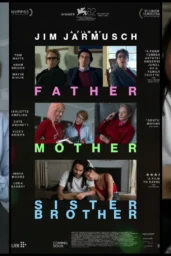There’s a certain thrill in watching Jason Statham stalk across the screen like a human guillotine. He doesn’t sprint. He doesn’t flinch. He just advances. And if you’ve recently logged into Prime Video, chances are you’ve stumbled into Wrath of Man—Guy Ritchie’s bleak, bruising 2021 crime thriller that’s now tearing through streaming charts like a bullet through glass.
This isn’t Statham’s biggest moneymaker. It barely cracked $104 million worldwide during its theatrical run. But numbers don’t tell the whole story. Sometimes a film finds its real audience years later, living not in box office ledgers but in the tense silence of someone on their couch, leaning forward as Statham’s “H” annihilates everything in his path.
And here’s the thing: this one deserves a sequel.
Why Wrath of Man Still Stings Like a Cigarette Burn
Ritchie structures Wrath of Man like a puzzle box—four acts, four angles, each snapping into place until you realize you’ve been watching less a “hero’s journey” and more a revenge dirge. Statham plays H, a man so stiff and unreadable he makes Clint Eastwood’s Dirty Harry look chatty. At first, he’s just the new guy at an armored truck company. By the midpoint, he’s dismantling criminal crews with frightening precision.
The film’s violence is not cathartic. It’s cruel, inevitable, almost industrial. You can feel the echo of Michael Mann’s Heat, but stripped of any illusion of nobility. In Ritchie’s Los Angeles, everyone’s compromised, everyone’s on the take, and the idea of redemption is a sick joke.
That’s exactly why it works. Action cinema today often defaults to glossy heroics, but Wrath of Man is a rare studio release that lets cynicism bleed through the frame.
The Case for a Sequel
Now, sequels to grim revenge thrillers are usually a mistake. (Taken 2, anyone?) But Statham’s “H” isn’t just another brooding avenger. He’s revealed, eventually, to be a criminal himself—his vendetta fueled by blood debts rather than moral righteousness. That twist cracks the door open to something unusual: a franchise where the protagonist isn’t a saint, but a bastard whose journey might actually veer toward growth… or darker ruin.
Imagine the possibilities:
- H turning against former allies, forced into uneasy alliances with law enforcement.
- Rival criminals targeting him not out of justice but jealousy.
- A Terminator 2-style inversion, where Statham—cold, efficient, terrifying—becomes the only thing standing between chaos and something worse.
Even if Ritchie doesn’t return to direct, the DNA is there. A gritty L.A. underworld. A protagonist caught between vengeance and survival. A moral palette smeared in shades of asphalt gray.
And let’s be honest—if The Transporter could spawn multiple sequels and a TV show, Wrath of Man deserves at least one continuation.
The Streaming Afterlife
What’s remarkable is how much traction Wrath of Man has picked up post-theatrical. According to FlixPatrol, the film has been a top performer on Prime Video through 2023 and into 2024, outperforming several newer, bigger-budget action titles. That’s not nostalgia. That’s recognition. Audiences want grit again. They want something that feels lived-in, where every bullet has weight and every stare promises violence.
Streaming has a way of reshaping reputations. A modest box-office player becomes a cult fixture; a discarded genre piece finds new legs. Wrath of Man feels like one of those rediscoveries—a sleeper that might yet awaken into a franchise if the right people are paying attention.
What We Should Take Away
So yes, Jason Statham has plenty on his plate. He’s a franchise mercenary at this point—Fast & Furious, The Expendables, The Meg. But Wrath of Man is different. It’s sharp, unrelenting, and weirdly timeless. And in a film landscape clogged with safe sequels and half-hearted reboots, here’s a rare case where going back might actually be the bold move.
Because H isn’t finished. He’s too cold, too angry, too dangerous to stay buried in one film.
Why Wrath of Man Deserves Another Round
A villain in disguise – Statham’s “H” isn’t heroic, which makes him far more interesting than the usual action lead.
Streaming resurrection – The film’s post-release success proves audiences are connecting with its cynicism and grit.
Guy Ritchie’s sharpest edges – Ritchie’s fractured narrative style gave the film a texture worth expanding on.
Room to grow – Whether redemption arc or deeper descent, the character has unfinished business.
A true rarity – In a market of safe sequels, this one could actually elevate the genre.










